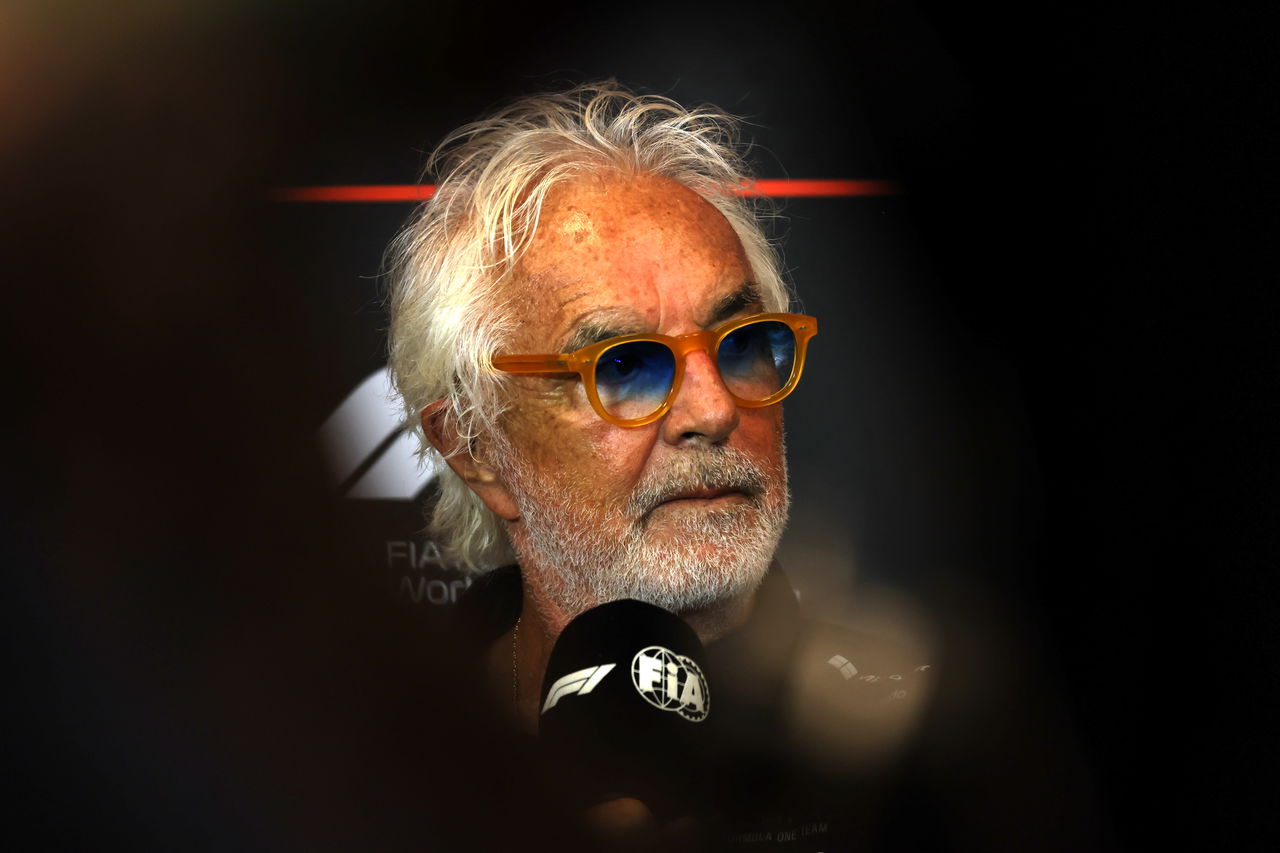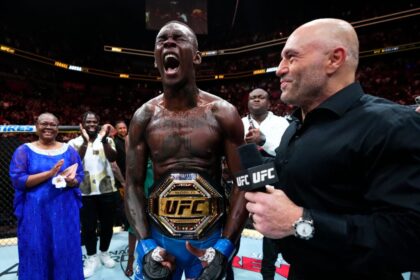Flavio Briatore has described his actions in the British media as an effort to “unleash the rage.” Known for making bold and often controversial decisions throughout his long career in Formula 1, Briatore’s reputation for taking ruthless actions is well-established. From his role in the infamous Crashgate scandal to his recent involvement with Alpine, he has never shied away from making tough calls.
In an interview with the Italian newspaper Corriere, Briatore was asked about the mistakes that taught him the most valuable lessons. He responded, “Mistakes are unavoidable. If you’re active, you will make them. The important thing is to quickly change direction once you realize an error, rather than stubbornly sticking to your pride.” When asked if this philosophy influenced his decision to remove Jacques Doohan from Alpine in favor of Franco Colapinto, Briatore replied, “Exactly. That’s a perfect example. Even before, I put a very young Fernando Alonso in the driver’s seat. The British press was furious, but in the end, I was proven right. The manager usually stands alone when making major decisions, but over time, others come around.”
Briatore’s decision to let go of the promising Jenson Button after his initial three seasons in Formula 1 with Renault was similarly controversial. This move created an opportunity for the young and relatively inexperienced Alonso to make a memorable debut against Minardi. Briatore and Alonso developed a strong, lasting partnership after this choice, which was rewarded when Alonso won back-to-back F1 World Championships with Renault two years later—still his only titles to date.
While Alonso found early success, Button struggled before ultimately winning the 2009 World Championship with Brawn GP, the only title of his career. However, tensions arose again when Briatore likened Button to a “concrete post,” implying that his success was largely thanks to Brawn’s controversial but legal rear diffuser. Button responded by saying, “He’s clearly very upset about the diffuser issue and frustrated that Brawn couldn’t build a competitive car like ours. We worked incredibly hard through tough conditions, and it’s unfair for Flavio to make comments like that.”
Fan Take: This news sheds light on the intense managerial decisions that shape the careers of top F1 drivers and the teams they race for. For racing fans, understanding Briatore’s bold, sometimes divisive leadership style reveals why high-stakes Formula 1 is as much about strategic decision-making as it is about speed—and why such decisions can make or break legendary careers.



